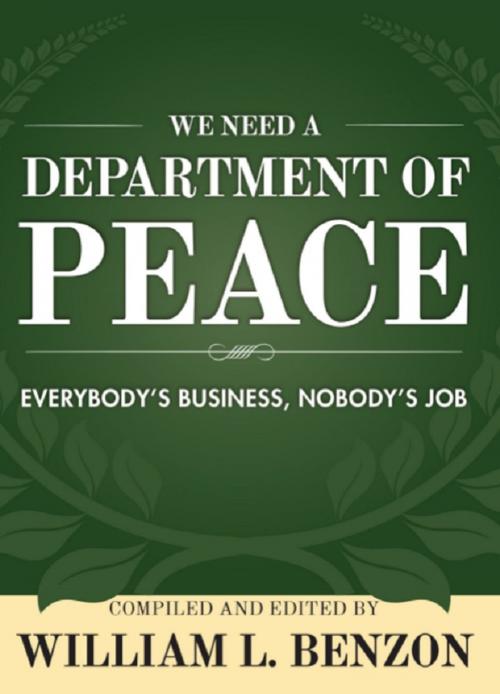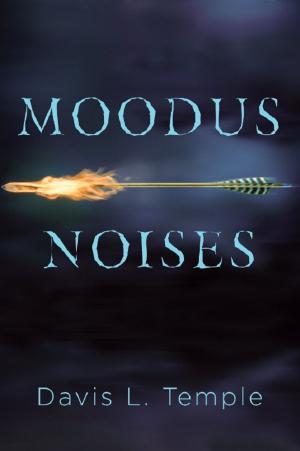| Author: | William L. Benzon | ISBN: | 9781627874311 |
| Publisher: | Wheatmark, Inc. | Publication: | July 12, 2016 |
| Imprint: | Wheatmark | Language: | English |
| Author: | William L. Benzon |
| ISBN: | 9781627874311 |
| Publisher: | Wheatmark, Inc. |
| Publication: | July 12, 2016 |
| Imprint: | Wheatmark |
| Language: | English |
With the prospect of a never-ending war on terror before us, the need for a Department of Peace in the federal government has never been more urgent. Bills for establishing one have been introduced to Congress throughout the twentieth century until today.
The authors of this compelling book of essays contend that the costs of war always outweigh the benefits, even for the victors. They argue that the only way we're going to be able to stop fighting senseless wars is if we have a division of the federal government devoted every day to making peace.
In We Need a Department of Peace readers learn the history of such a proposal through original documents and hear new arguments calling for such a department. The story begins in 1793 with "A Plan of a Peace-Office for the United States" by Benjamin Rush, one of the Founding Fathers and a signer of the Declaration of Independence. Frederick Schuman's "Why a Department of Peace?" makes the case for the creation of a Department of Peace and tells the story of twentieth century efforts through the late 1960s. Mary Liebman, a prominent activist, continues the legislative story into the 1970s. Finally, Charlie Keil's "Waging Peace" is a manifesto for the new millennium and his "Resolution for a Department of Peace" sets out the core legislative program in only one hundred fifty words.
About the Author
William L. Benzon is an independent scholar interested in the mind and culture. He published Beethoven's Anvil: Music in Mind and Culture in 2001. As a musician he has opened for Dizzy Gillespie and B. B. King and participated in arts-in-education programs funded by the New York Foundation for the Arts. He was a conscientious objector at the end of the Vietnam War and did civilian service in the Chaplain's Office of The Johns Hopkins University, 1970-72.
With the prospect of a never-ending war on terror before us, the need for a Department of Peace in the federal government has never been more urgent. Bills for establishing one have been introduced to Congress throughout the twentieth century until today.
The authors of this compelling book of essays contend that the costs of war always outweigh the benefits, even for the victors. They argue that the only way we're going to be able to stop fighting senseless wars is if we have a division of the federal government devoted every day to making peace.
In We Need a Department of Peace readers learn the history of such a proposal through original documents and hear new arguments calling for such a department. The story begins in 1793 with "A Plan of a Peace-Office for the United States" by Benjamin Rush, one of the Founding Fathers and a signer of the Declaration of Independence. Frederick Schuman's "Why a Department of Peace?" makes the case for the creation of a Department of Peace and tells the story of twentieth century efforts through the late 1960s. Mary Liebman, a prominent activist, continues the legislative story into the 1970s. Finally, Charlie Keil's "Waging Peace" is a manifesto for the new millennium and his "Resolution for a Department of Peace" sets out the core legislative program in only one hundred fifty words.
About the Author
William L. Benzon is an independent scholar interested in the mind and culture. He published Beethoven's Anvil: Music in Mind and Culture in 2001. As a musician he has opened for Dizzy Gillespie and B. B. King and participated in arts-in-education programs funded by the New York Foundation for the Arts. He was a conscientious objector at the end of the Vietnam War and did civilian service in the Chaplain's Office of The Johns Hopkins University, 1970-72.















